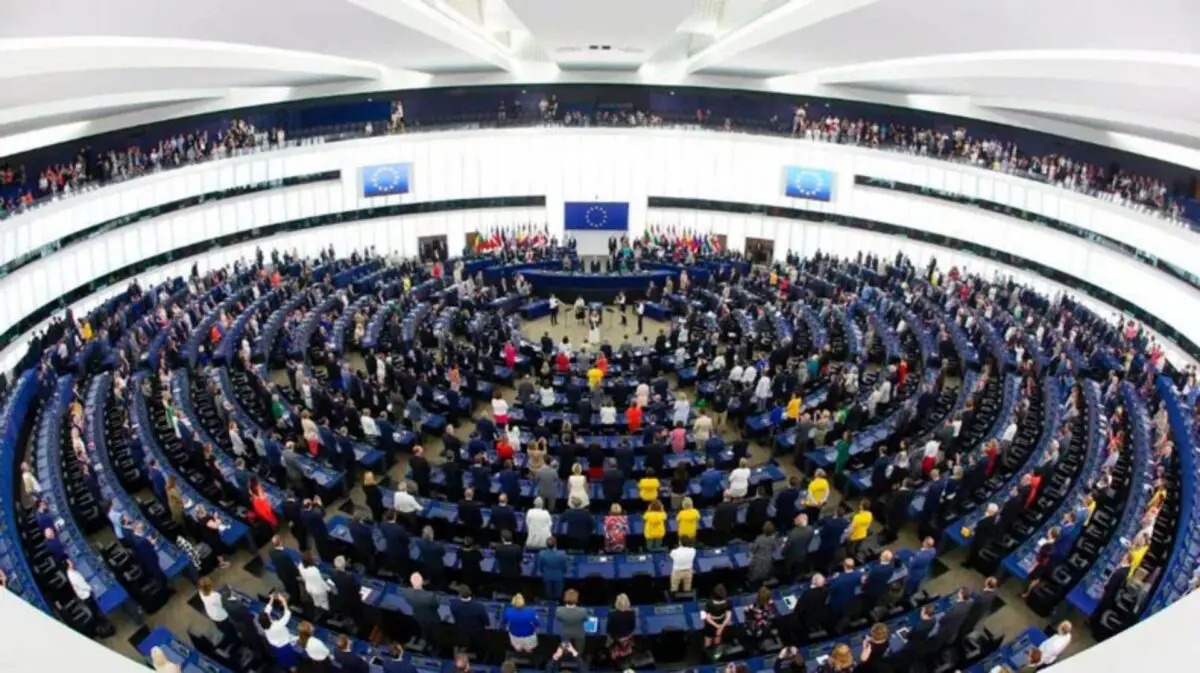The agreed legislation aims to ensure that minimum wages in all EU countries guarantee decent living standards for workers.
With a deal struck on Monday night, Parliament and Council negotiators agreed on EU rules to set adequate minimum wages, as provided by national law and/or collective agreements. The new legislation will apply to all EU workers who have an employment contract or employment relationship. The EU countries in which the minimum wage is protected exclusively via collective agreements will not be obliged to introduce it nor to make these agreements universally applicable.
Adequate wages
According to the agreement, member states will have to assess whether their existing statutory minimum wages (i.e. the lowest wage permitted by law) are adequate to ensure a decent standard of living, taking into account their own socio-economic conditions, purchasing power or the long-term national productivity levels and developments.
For the adequacy assessment, EU countries may establish a basket of goods and services at real prices. Member states may also apply indicative reference values commonly used internationally, such as 60% of the gross median wage and 50% of the gross average wage.
Deductions from or variations to the minimum wage will have to be non-discriminatory, proportionate and have a legitimate objective, such as the recovery of overstated amounts paid or deductions ordered by a judicial or administrative authority.
Collective bargaining
EU negotiators agreed that EU countries will have to strengthen sectoral and cross-industry collective bargaining as an essential factor for protecting workers by providing them with a minimum wage. Member states in which less than 80% of the workforce is protected by a collective agreement will have to create an action plan to progressively increase this coverage. To design the best strategy for this purpose, they should involve social partners and inform the Commission of the adopted measures and make the plan public.
Monitoring and right to redress
The agreed text introduces the obligation for EU countries to set up an enforcement system, including reliable monitoring, controls and field inspections, to ensure compliance and address abusive sub-contracting, bogus self-employment, non-recorded overtime or increased work intensity.
National authorities will have to ensure the right to redress for workers whose rights have been infringed. Authorities must also take the necessary measures to protect workers and trade union representatives.
Next steps
The provisional political agreement reached by the EP negotiating team will now have to be approved first by the Employment and Social Affairs Committee, followed by a plenary vote. The Council also has to approve the deal.
Quotes
After the deal was struck, co-rapporteur Dennis Radtke (EPP, DE) said: “With the agreement on minimum wages, we are writing socio-political history in Europe. For the first time, EU legislation will contribute directly to ensuring that workers are getting fairer, better pay checks”.
Co-rapporteur Agnes Jongerius (S&D, NL) added : With this European law, we reduce wage inequalities, and push for higher wages for Europe’s lowest paid workers. They should be able to buy new clothes, join a sports team, or go on a well-deserved holiday. In short, they should have a decent standard of living”.
Dragos PÎSLARU, (Renew, RO), Chair of the Employment and Social Affairs Committee concluded: “The directive opens new opportunities for European citizens to avoid in-work poverty and gain access to social dialogue. It creates transparent and appropriate procedures as well as common enforcement measures at EU level while also balancing national particularities”.
Background
In the EU, 21 out of 27 countries have a statutory minimum wage, while in the other six (Austria, Cyprus, Denmark, Finland, Italy and Sweden) wage levels are determined through collective bargaining. Expressed in euro, monthly minimum wages vary widely across the EU, ranging from €332 in Bulgaria to €2 202 in Luxembourg (2021 data from Eurostat).






